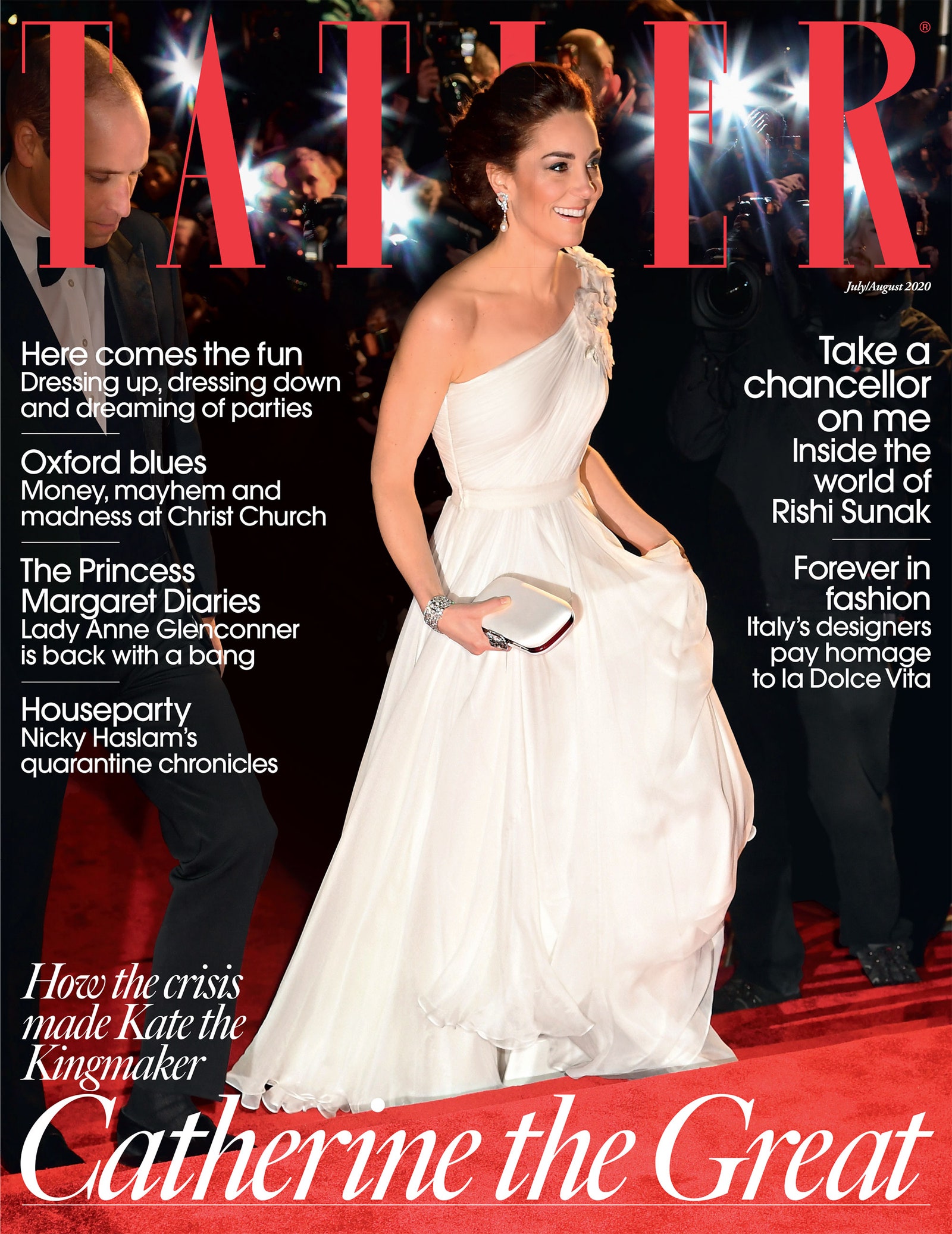The News
A Royal Friendship: Princess Catherine and Duchess Sophie Unite
In the world of royalty, bonds can shape destinies, and it seems Princess Catherine and the Duchess of Edinburgh, Sophie, have formed a special connection.
This friendship is not just about camaraderie; it's a strategic alliance that could play a pivotal role in the future of the monarchy.
According to royal experts, these two women are emerging as the key figures among the working royals, thanks to their charisma and commitment.
As the Princess of Wales, Catherine is poised to lean on Duchess Sophie as she navigates her royal duties.
Their bond is expected to deepen as they prepare for the day when William ascends the throne and Catherine becomes queen.
With both couples—Catherine and William, Sophie and Edward—being the only working royals under 70, King Charles may increasingly rely on their support.
Interestingly, there's a sentiment among royal insiders that Sophie could become a vital ally for Catherine, akin to Princess Anne's role within the family.
Anne has long been recognized for her tireless work ethic, often regarded as one of the hardest-working royals.
As Catherine continues her recovery from recent health issues, Sophie's experience with surgery will likely provide invaluable support.
Royal correspondent Jenny Bond highlights that Sophie has faced her own health challenges, including a life-threatening ectopic pregnancy during the birth of her daughter, Lady Louise.
This shared experience of trauma creates a unique bond between the two duchesses, allowing Sophie to empathize with Catherine's situation.
She is likely reaching out to offer her assistance, understanding the complexities of recovery from surgery.
Back in 2001, Sophie's life took a dramatic turn when she was rushed to the hospital due to her ectopic pregnancy.
Prince Edward, visibly shaken, spoke to reporters about the ordeal, describing it as “the most painful thing that anyone can undergo.”
His openness about that traumatic time reflects the depth of their partnership and support for one another.
The friendship between Catherine and Sophie has caught the public's eye, especially with a recent viral video showcasing their joyful interactions.
Despite their 17-year age difference, the two women share a delightful rapport, evident in their laughter and lighthearted conversations at various royal events.
Their common backgrounds—both marrying into the royal family from non-aristocratic origins—further strengthens their connection.
During the coronation celebrations, the two duchesses stood side by side on the Buckingham Palace balcony, symbolizing their unity.
They also co-hosted a garden party at the palace, alongside their husbands, showcasing their growing influence within the royal framework.
As King Charles aims for a streamlined monarchy, Catherine and Sophie appear to be stepping into more prominent roles.
Images from past events reveal their playful dynamic; one memorable shot from the London 2012 Paralympics shows Sophie laughing heartily while Catherine giggles beneath her coat hood.
Another incident at Princess Eugenie's wedding highlighted Sophie's protective nature, as she swiftly intervened to help Catherine avoid a wardrobe malfunction.
Social media has taken notice, with numerous comments praising their relationship.
One user remarked, “I love their interaction together.
Very elegant.
Credit to them.
Honestly, Sophie has Catherine's back.” Such sentiments reflect the admiration many feel for their bond, which seems to grow stronger with each public appearance.
In her book, commentator Katie Mitchell notes that Catherine respects how Edward and Sophie are raising their children, Lady Louise Windsor and James Viscount Severn.
They blend royal expectations with preparation for real-life challenges, a balance that Catherine undoubtedly aspires to achieve in her own family.
As the royal landscape shifts, the friendship between Princess Catherine and Duchess Sophie stands out as a beacon of support and solidarity.
Their shared experiences and mutual respect may not only strengthen their personal lives but also play a crucial role in the evolving narrative of the British monarchy.






























































